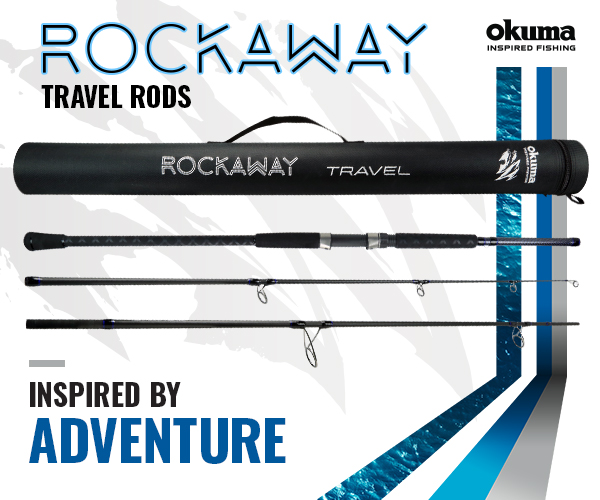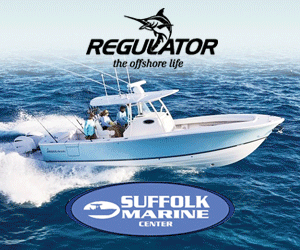
Mindful fishing practices can help reduce pain at the pump
Things have gotten tricky again for boating anglers. The restrictions of the pandemic are hopefully gone forever, but higher fuel prices have made filling the tank a painful experience. There are little tips that can help save money so we can keep fishing hard.
Skippers should shed weight on the vessel wherever possible. For example, carrying an overabundance of items like bank sinkers, jigs, and Mojos adds to the boat’s weight. They consist of lead which adds up fast. Running on half a tank of fuel for inshore or bay trips is wise since gas weighs roughly 6 pounds per gallon. Anything that doesn’t get used should be “voted off the island” unless it’s safety-oriented.
Captains that fill up on land can save dramatically over those that fill up at the gas dock. Prices on the road are often as much as a dollar cheaper. The savings are substantial for putting in a little time and effort. Furthermore, some fuel stations offer rewards for signing up for their credit card. Fifty cents off each gallon for a month and then five cents each following month is a carrot being dangled in my area. Anglers should keep an eye out for these incentives at their local gas stations to maximize savings.
What’s more, anglers might want to stay aware of which way fuel prices are trending. Is it going up 15 cents a day, or is it stable? This can help determine the right time to head to the gas station. It feels like we all hold stock in crude oil, and if that price jumps, one knows it will surely follow at the pump.
Running the boat at slow to moderate speeds helps with fuel economy. Captains that figure out the most economical RPMs will save money in the long run. The only disclaimer to slowing down is that it should not be executed after a long day of trolling. Running hard creates heat, which is very, very good for burning up deposits and the engine’s overall health. Speaking of keeping the engine healthy and using fuel to its max, more frequent inspections and cleaning of the boat’s filters can help fuel economy and add the recommended fuel treatments to the gas.
Balance is a huge component of running efficiently. If all the anglers and weight are leaning on one side of a center console, it will run listing to one side, thus less economical. Anglers should be evenly distributed and balanced on each side of the vessel in order to stay on the proper plane. Trim tabs should also be utilized when appropriate to increase stability and functionality.
Even when fuel prices are at their best, boating is not a cheap pursuit. Skippers may have to add a person or two to their crew in order to deflect costs. Any guests should chip in their fair share in order to make the trip as affordable as possible.
Strategic thinking is vital. Perhaps until the pain at the pump subsides, anglers should use their heads and not their emotions. Let’s put together some hypotheticals:
Example 1
John Doe is on a decent striper bite but gets word there’s potentially better action 10 miles up the beach. John Doe is catching bass already in a steady “pick,” and 10 miles both ways adds significant fuel use. Plus, that bite could dissipate by the time he gets there. Should John roll up the beach? Maybe a pass.
Example 2
John Doe is fluke fishing structure 5-miles offshore and has only an hour left in his outing. He’s stayed on solid action that has resulted in a near-limit catch. He gets the call that keeper action is good at a reef site another 5-miles offshore. Is it worth it to run offshore with the clock ticking on the outing, plus the travel time and fuel needed to get there? Probably a pass.
Example 3
John Doe is back on the stripers. He’s livelined, trolled, jigged, and there is just not much happening where he is. He gets reliable word that there is an excellent bite about 8 miles away. Should he go? Yes, he should roll hard. This is an instance where the entire outing’s results rest on the extra fuel burn.
We’ll all be faced with scenarios and decisions this season as we continue to fish hard. Fishing intelligently, however, will help keep us out there and on the big ones.




